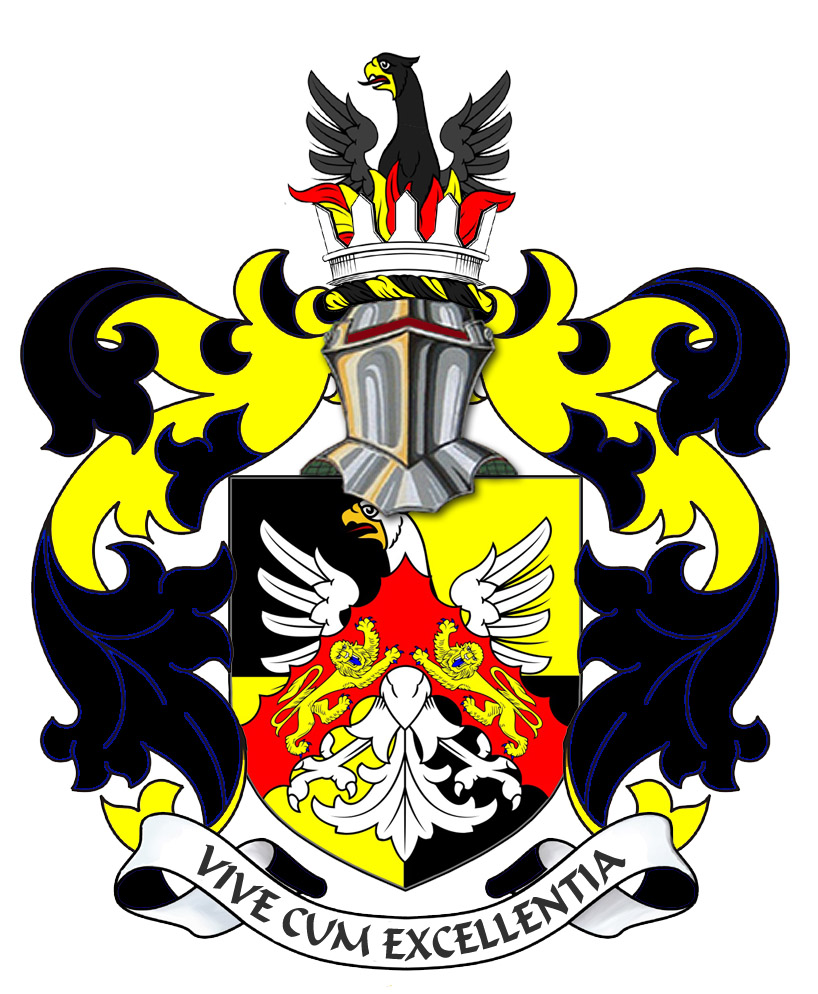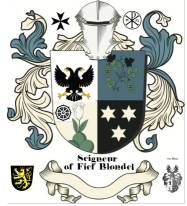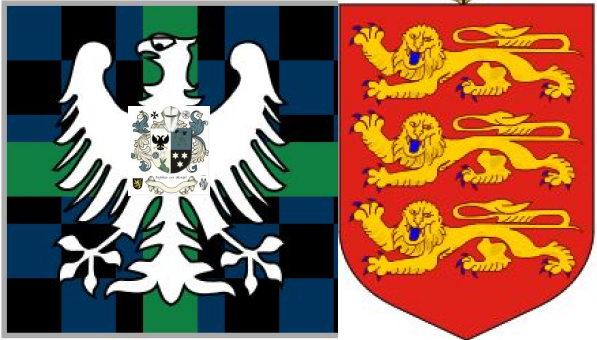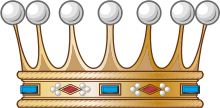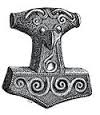


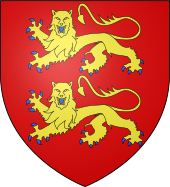
Places of Worship in the Fief Blondel
The Fief of Thomas Blondel in the parishes of Torteval and St. Peter in the Wood is an authentic Norman title. The Seignuers (Free Lords) of Blondel existed before formal Baron titles were created. Fief Blondel is part of the former large Fief of Canelly, once held by William de Chesney (1284) and before him by the Le Canellys until the separation of Guernsey from Normandy in 1204. Fief Blondel is on the South West portion of Guernsey. This is St. Peter's Anglican Church in the Fief with the Ancient Graveyard. The steps of this Church is where the Seigneur or Lord conducted his Feudal Court for hundreds of years. This church's other official name is St Pierre du Bois. This Church is the Honorific Caput of the Seigneur and Barronie of the Freeholder Feudel Fief of Blondel. This is Torteval Church - St. Saviour Church URC
Year 1054 in Torteval - Part of Canelly and Blondel lands bounded on the west by the property of Guillaume Blondel and on the east by that of Thomas Dumaresq. AKA Thomas Blondel From the Cartulary of Mont-Saint-Michel we learn that in
the year 1054, William Pichenoht, moved by compunction for
the many and great sins he had committed, and desirous
of taking the monastic habit in that renowned monastery,
gave, with the consent of Duke William of Normandy, his
lands of la Perrelle with all their appurtenances to
the Abbey. These lands were, no doubt, leased out afterwards
by the Monks to various individuals on the terms usual
in those early days, the Abbey retaining the Seigneurie or
Lordship ST. Apolline's chapel In October 1392, a certain Nicholas Henry, of la Perrelle, obtained the consent of the Abbot and Monks of Mont-St.- Michel, as Lords of the Manor, to the endowment of a Chapel which he had lately erected on his estate, subject, however, to the sanction of the Sovereign as Lord Paramount. Nicholas Henry applied to the Crown for the necessary permission, which was granted by King Richard II. n July 1394. The Charter, which is preserved among the Records of the
Island at the Greffe, authorizes Nicholas Henry to endow the
Chapel of Salute Marie de la Perrelle The Royal Charter describes the endowment as consisting of land of the value of twenty sols annually. Besides the three vergees of land, which it is not un-interesting to note are described as being bounded on the west by the property of Guillaume Blondel and on the east by that of Thomas Dumaresq, both of which families are still land owners in the district, Nicholas Henry also gave to the Chapel an annual wheat-rent of Four Quarters due on a piece of ground adjoining. https://archive.org/stream/reporttransact1905085guer/reporttransact1905085guer_djvu.txt |
Nobility Titles and Feudal Titles of Barons Lords and Seigneurs Counts Earls Freiherren and Jarls Seigneur de la Fief of Blondel Lord Baron Mentz of Fief Blondel Geurnsey Crown Dependency > Fief Worship Feudal Barons The Seigneur A Funny Think Happened On the Way to the Fief Viking Kingdom Fief Worship Fiefs of the Islands Fief de l'Eperon Bouvée Phlipot Pain Bouvée Torquetil Bouvée Bourgeon Channel Island History Feif Court Styles and Dignities Court of Chief Pleas Arms Motto Flower Guernsey Bailiwick of Guernsey - Crown Dependency Papal Bull Blondel and King Richard Press Carnival Store Fief Rights Portelet Beach Roquaine Bay Neustrasia Columbier Dovecote Fief Blondel Merchandise Fief Blondel Beaches Islands Foreshore Events Fiefs For Sale Sold Fief Coin Viscounts de Contentin Fief Blondel Map Feudal Guernsey Titles The Feudal System Flag & Arms Fief Videos Guernsey Bailiwick of Ennerdale Castle Advowson Site Map Disclaimer Livres de perchage Lord Baron Longford Dictionary
Feudal Lord of the Fief Blondel of the Nordic Channel Islands Guernsey Est.
1179
Feudalherr - Fief Blondel von der Nordischen Insel Guernsey Est. 1179
New York Gazette - Magazine of Wall Street -
George Mentz -
George Mentz - Aspen Commission
Counselor George Mentz Esq. - Seigneur Feif BlondelBaron Annaly Baron Moyashel Grants to Delvin About Longford Styles and Dignities The Seigneur Court Barons Fiefs of the Islands Longford Map The Island Lords Market & Fair Fief Worship Channel Island History Fief Blondel Lord Baron Longford Fief Rights Fief Blondel Merchandise Events Blondel and King Richard Fief Coin Feudal Guernsey Titles The Feudal System Flag & Arms Castle Site Map Disclaimer Blondel Myth DictionaryCOLORADO SPRINGS MARDI GRAS |
